All over the United States, squatters have brought increasingly creative methods to try and prove legitimate occupancy in stolen homes.
Two squatters in a New York duplex have attempted to use a fast food receipt as evidence of legal residents, causing a nightmare for a homeowner.
Chaos in the Queens Neighborhood

As reported by the Daily Mail, Juliya Fulman purchased her Queens property through a management LLC, Lakewood Queens Property. She intended to use it as a rental property and contacted a separate company to handle tenants.
In March of this year, the homeowner was notified by a property broker through Top Best Properties that squatters had moved in and changed the locks on the home.
The Squatters Simply Moved In

The alleged squatters, Lance Hunt Jr. and Rondie L. Francis, moved their belongings in after they knew that the house had been unoccupied for a short period of time.
After moving in mattresses, a flat screen TV, and a massage table the two assumed that they would be left alone to live in the home.
A Lawsuit To Claim Legal Occupancy

On March 14th, the pair of squatters went so far as to sue the Lakewood Queens Property management company and the brokers from Top Nest to prove their legal tenancy.
To add insult to injury, the two have also sued for damages for the emotional distress that this issue has caused them.
A Strange Item Included in the Lawsuit

Usually, to show legal occupancy, a person would need to show that they pay the proper bills, such as rent, utilities, phone and internet that are connected to the home in question.
However, these squatters decided to add a rather strange item to prove their legitimacy.
The Shake Shack Receipt
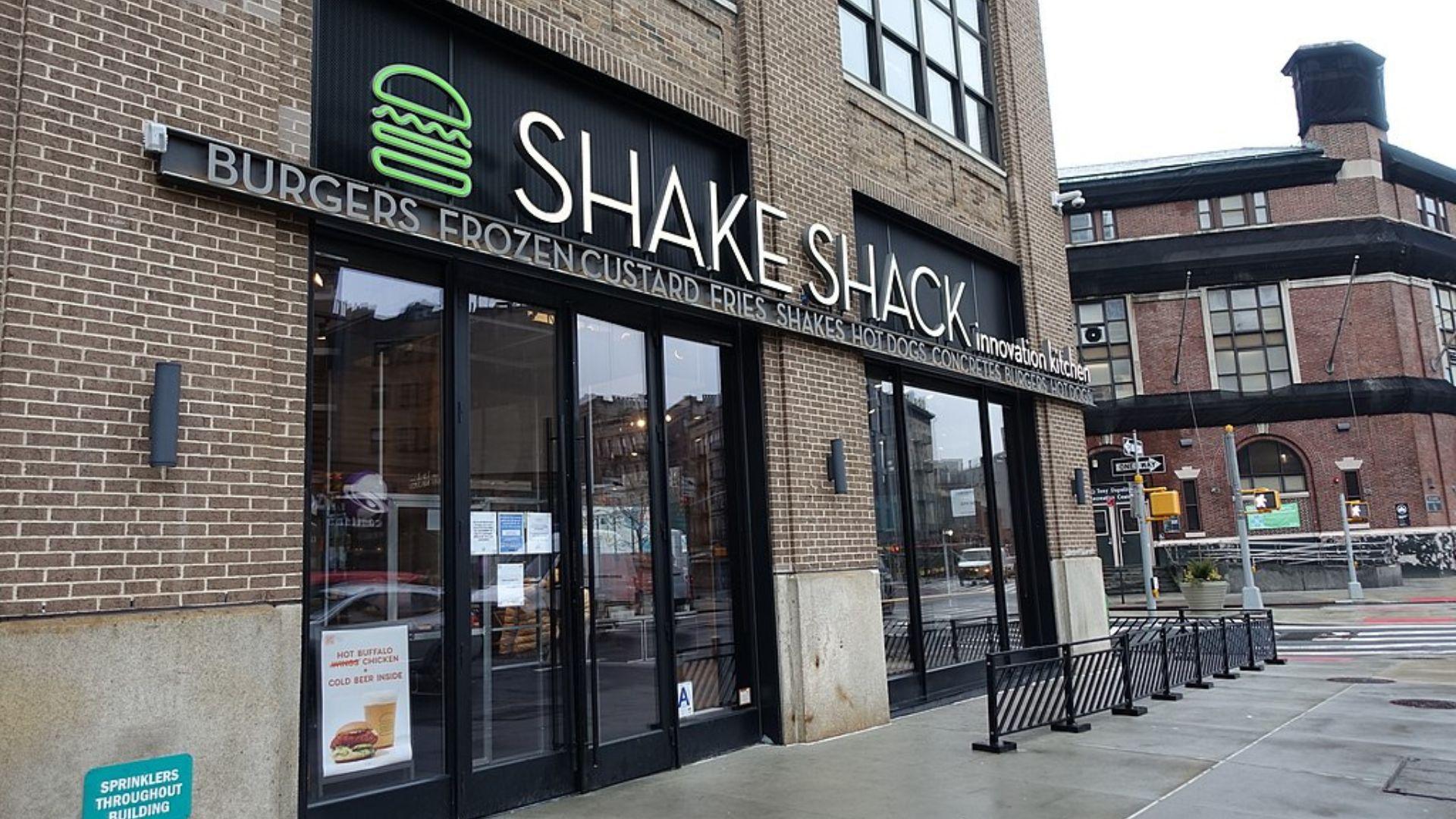
The squatters did submit some legitimate documents, such as a residential lease agreement and utility bills mailed to the duplex in their name.
They also include a $25.27 receipt from Shake Shack delivered through Uber Eats to the home on January 15th of this year.
An Attempt To Show Legitimacy

Along with a $4,000 security deposit and a bill for $2,000 first month of rent, the couple believes that receiving the food delivery will help their case.
To establish legal tenancy when it is in question, the parties involved need to prove that they have been paying the rightful bills to the homeowner or property management company.
The Couple Was Kicked Out
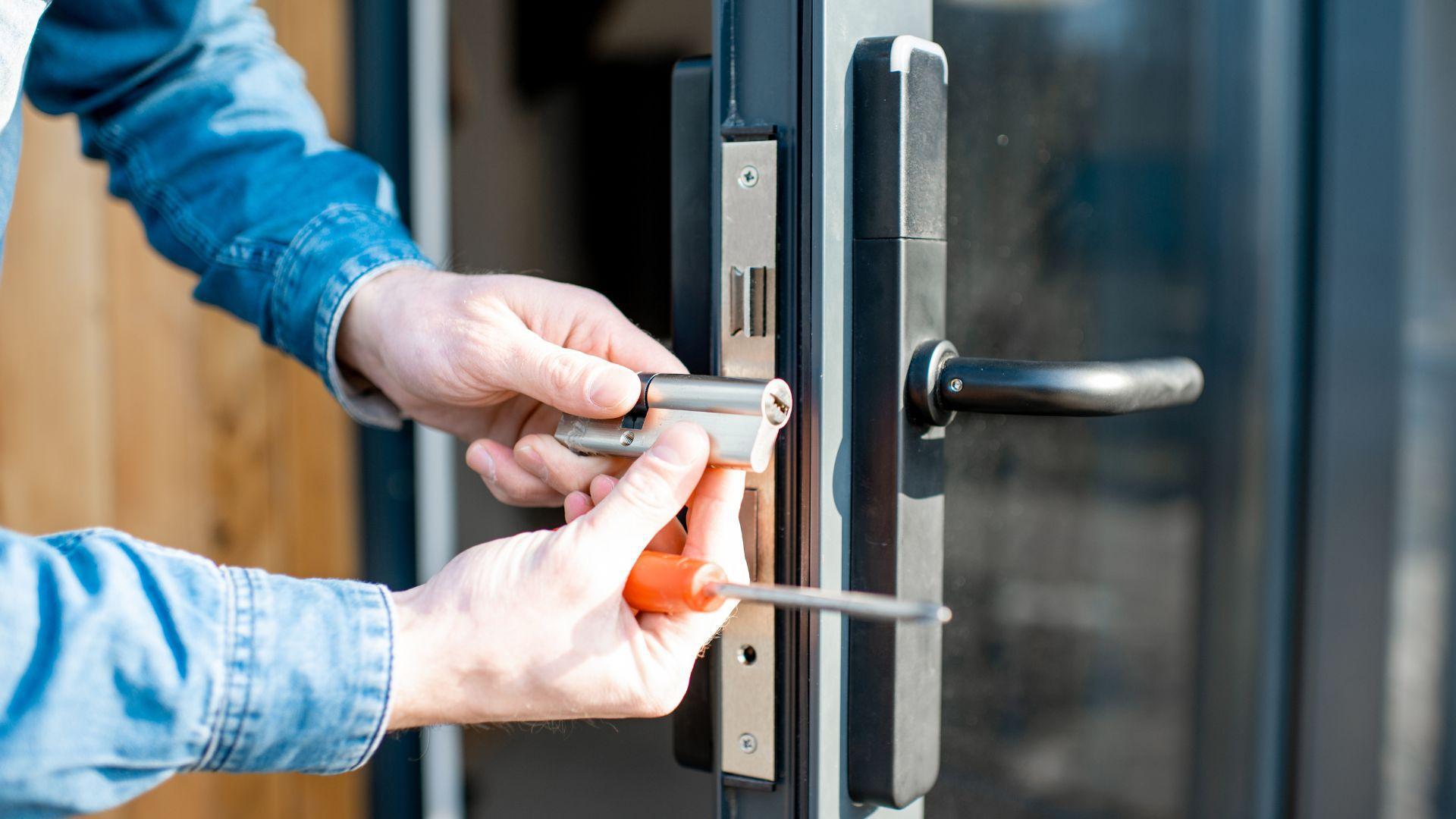
The couple also alleged in their lawsuit that they were kicked out forcefully and had the locks on the front door changed illegally.
Fulman, the owner of the property, says that all of the documents the squatters added to the lawsuit were fraudulent and deserved to be evicted from the property.
Squatters Rights in New York

New York City has had emergency squatters rights enacted in the past to secure tenants rights in the case of landlord disputes during the rental crisis.
However, the state of New York actually has very strict laws regarding squatters rights. Along with other states around the country, in New York a squatter can only lay claim to a property if they have already legally occupied the home for the past 10 years.
Legal Representation Believes the Squatters
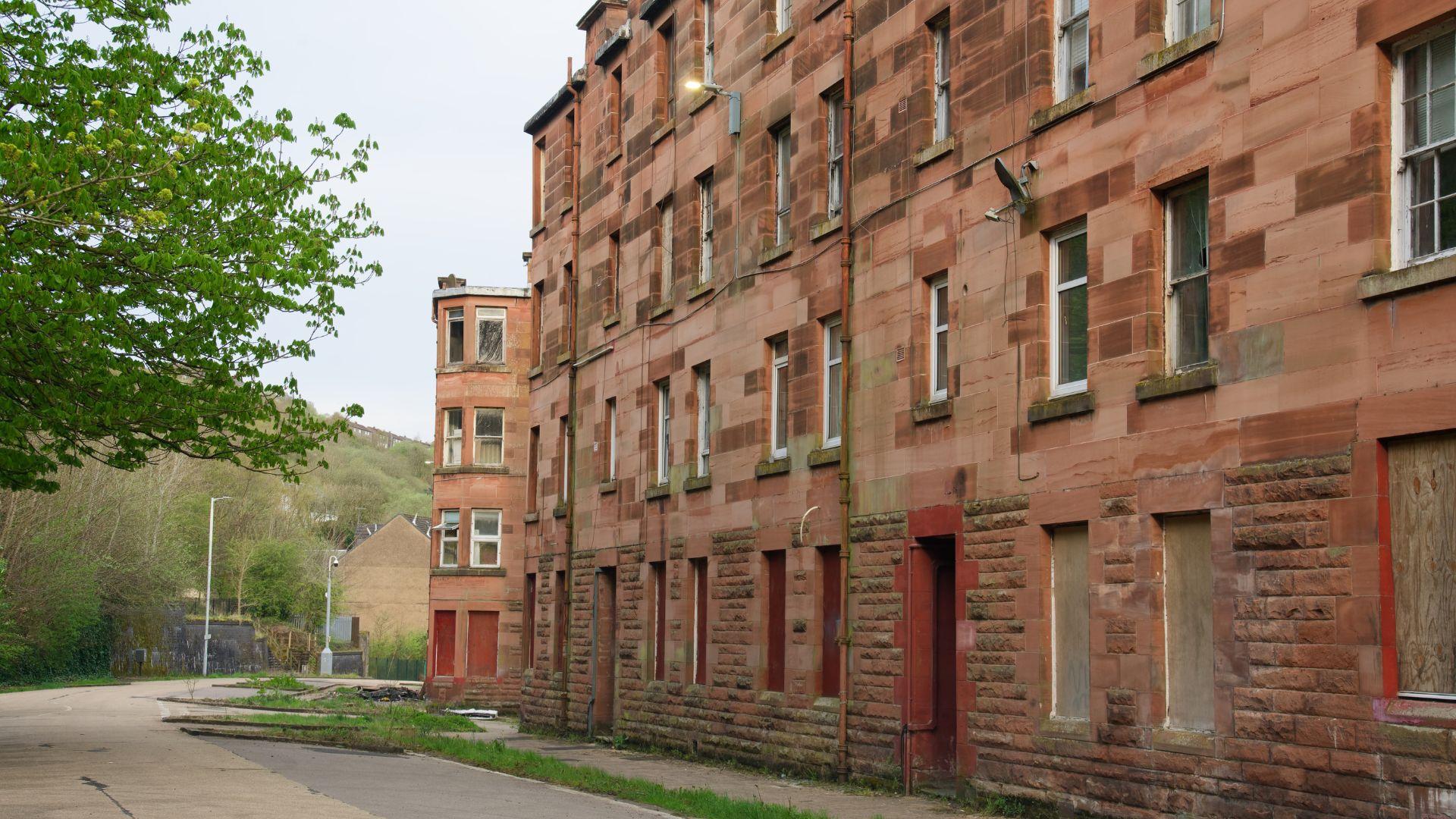
Although the homeowner and the property management company are steadfast that the documents provided are falsified, the legal representation for the squatters aren’t so sure.
Dennis Harris, the attorney for the squatters, alleged to the Daily Mail that the documentation, a lease, rental application, text messages and correspondence are all very real.
The Squatters Could Have Been the Ones Who Were Scammed
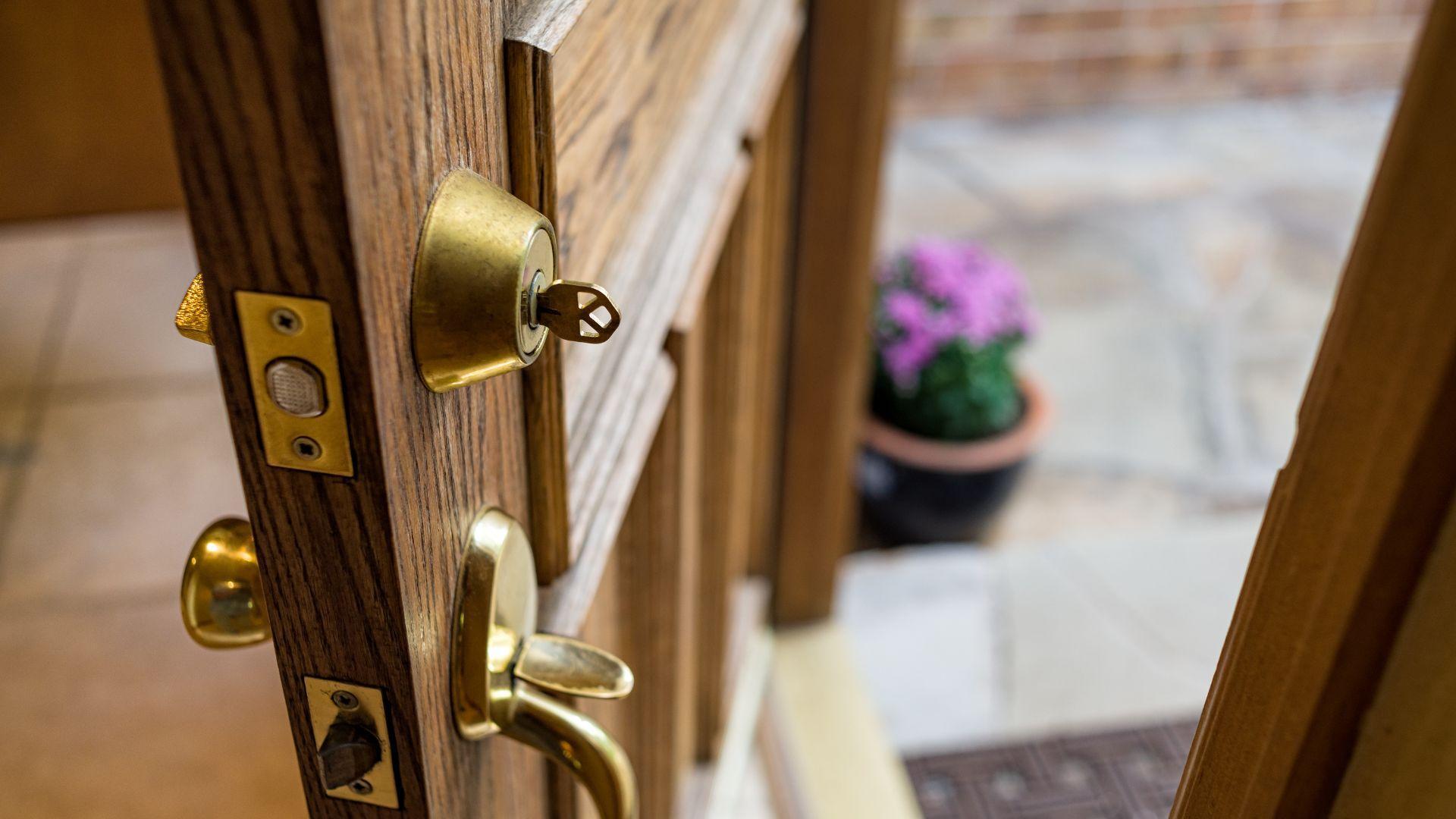
Harris went on to say that all of the documents shown to him make him believe that the claims are legitimate. It’s hard to fake that money has been taken out of someone’s bank account to pay the rent.
A common rental scam is for a party to pretend to be a landlord, hand over fake keys and documents, take the cash and run. Harris believes that his clients might be the victims of this type of scam.
Emergency Lockout Hearing
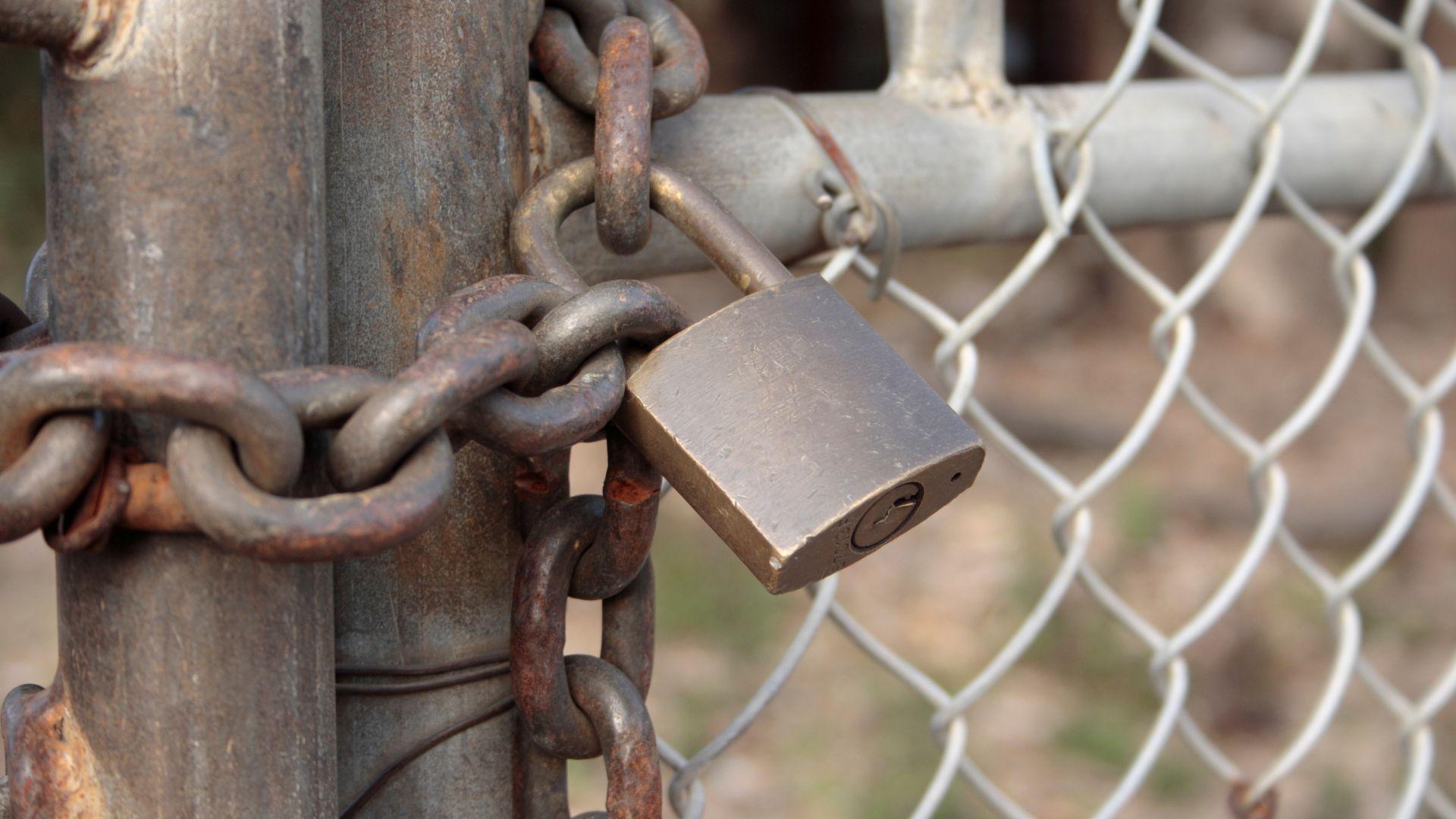
On March 22, an emergency lockout hearing was scheduled to remove the squatters from the premises.
Another court date is scheduled on April 5th to try and prove the legitimacy of the lease agreement.

